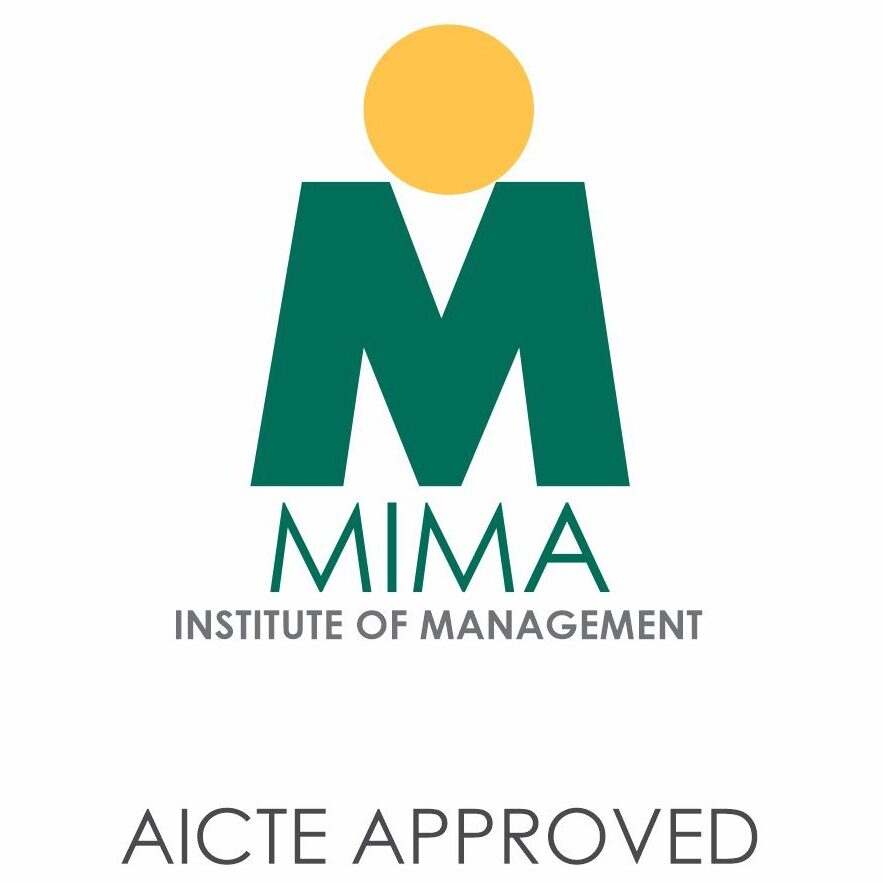In the journey towards professional growth and success, effective performance management serves as the compass that guides individuals and teams towards their goals. Providing constructive feedback and setting clear, achievable goals are essential components of this process. Let’s explore how these practices can empower individuals, enhance performance, and drive organizational success.
Constructive Feedback:
Constructive feedback is the cornerstone of effective performance management. It provides individuals with valuable insights into their strengths, areas for improvement, and progress towards goals. When providing feedback:
- Be specific and actionable: Offer feedback that is clear, specific, and relevant to the individual’s performance and objectives. Highlight specific examples and behaviors, and provide actionable suggestions for improvement.
- Focus on behavior, not personality: Address behaviors and actions rather than personality traits. Avoid making personal judgments or criticisms, and instead focus on observable actions and outcomes.
- Balance praise and constructive criticism: Acknowledge achievements and strengths, but also provide constructive criticism when necessary. Strike a balance between positive reinforcement and areas for growth to motivate and empower individuals to improve.
- Encourage open dialogue: Foster a culture of open communication where individuals feel comfortable giving and receiving feedback. Encourage two-way dialogue, active listening, and respectful communication to facilitate understanding and growth.
- Goal Setting:
Setting clear, achievable goals is essential for guiding individuals and teams towards success. When setting goals:- Be specific and measurable: Define goals that are clear, specific, and measurable. Use metrics and key performance indicators (KPIs) to track progress and evaluate success objectively.
- Make goals challenging yet attainable: Set goals that stretch individuals beyond their comfort zones while remaining achievable with effort and dedication. Striking the right balance between challenge and attainability motivates individuals to strive for excellence.
- Align goals with organizational objectives: Ensure that individual goals align with broader organizational objectives and priorities. By linking individual performance to organizational success, individuals can see the impact of their contributions and feel a sense of purpose and alignment.
- Provide support and resources: Offer the necessary support, resources, and training to help individuals achieve their goals. Identify barriers or challenges that may impede progress and address them proactively to set individuals up for success.
- Review and adjust goals regularly: Regularly review progress towards goals and adjust them as needed based on changing circumstances or priorities. Keep goals dynamic and responsive to evolving needs and objectives to ensure continued relevance and effectiveness.
By incorporating these practices into performance management processes, organizations can empower individuals, enhance performance, and drive success. Providing constructive feedback and setting clear, achievable goals not only guides individuals towards their full potential but also fosters a culture of continuous improvement, accountability, and excellence. Let’s embrace these principles to inspire growth, achieve goals, and propel organizations towards success.

